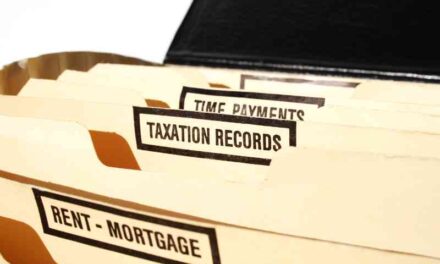Taxation has been a part of human society for thousands of years. In ancient times, taxes were often paid in the form of goods or labor and were used to support the ruling classes and their armies.
Over time, taxation has evolved to become a more formalized system, with taxes collected by governments and used to fund a wide range of public services and infrastructure. In this blog post, we will explore the history of taxation, from ancient civilizations to modern times.
Ancient Civilizations
The first recorded tax system dates back to ancient Egypt, where taxes were collected in the form of goods, such as grain, livestock, and textiles. Taxes were used to support the pharaohs and their armies, as well as to fund public works, such as temples and irrigation systems.
In ancient Greece, taxes were collected to fund the city-states and their armies. Taxes were often paid in the form of goods, such as olive oil, wine, and grain. The Greeks also introduced a system of property taxes, where landowners were required to pay a portion of their land’s value in taxes.
In ancient Rome, taxes were collected to fund the empire and its armies. Taxes were collected in the form of goods, such as grain, wine, and livestock, as well as in the form of labor. The Romans also introduced a system of income taxes, where wealthy citizens were required to pay a percentage of their income in taxes.
Medieval Times
During the Middle Ages, taxes were collected by feudal lords and used to fund their armies and castles. Taxes were often paid in the form of goods, such as crops and livestock, and were collected from peasants who worked the land.
In Europe, the introduction of a money economy led to the development of more formalized tax systems. Kings and other rulers began to collect taxes in the form of money, which was used to fund wars and other military campaigns. Taxes were also used to fund the construction of cathedrals, universities, and other public works.
Modern Times
The modern tax system as we know it today began to take shape in the 18th and 19th centuries. In the United States, the federal income tax was introduced in 1862 to fund the Civil War. The income tax was later made permanent in 1913, with the ratification of the 16th Amendment to the Constitution.
In Europe, the introduction of the industrial revolution led to the development of more complex tax systems. Governments began to collect taxes on a wider range of goods and services, including income, property, and consumption.
Today, taxes are collected by governments around the world to fund a wide range of public services and infrastructure. Taxes are used to fund schools, hospitals, roads, and other essential services. They are also used to fund social welfare programs, such as unemployment benefits and healthcare.
Conclusion
In conclusion, the history of taxation is a long and complex one, dating back thousands of years. From ancient Egypt to modern times, taxes have been used to fund the ruling classes, armies, and public works. Over time, taxation has evolved to become a more formalized system, with taxes collected by governments and used to fund a wide range of public services and infrastructure. Understanding the history of taxation can help us better understand its role in society today.





